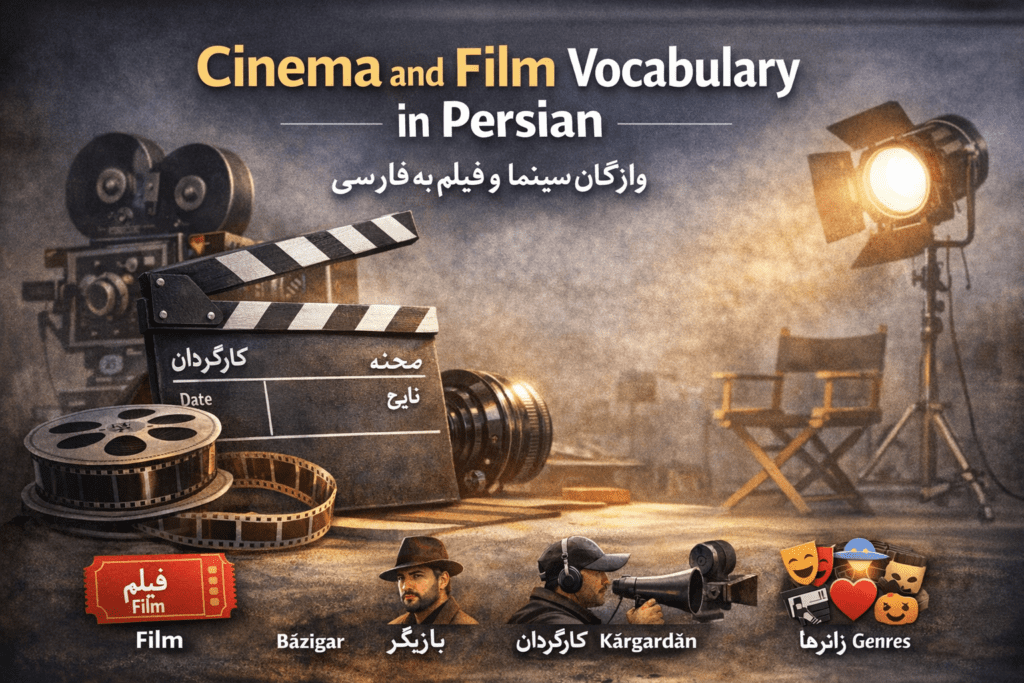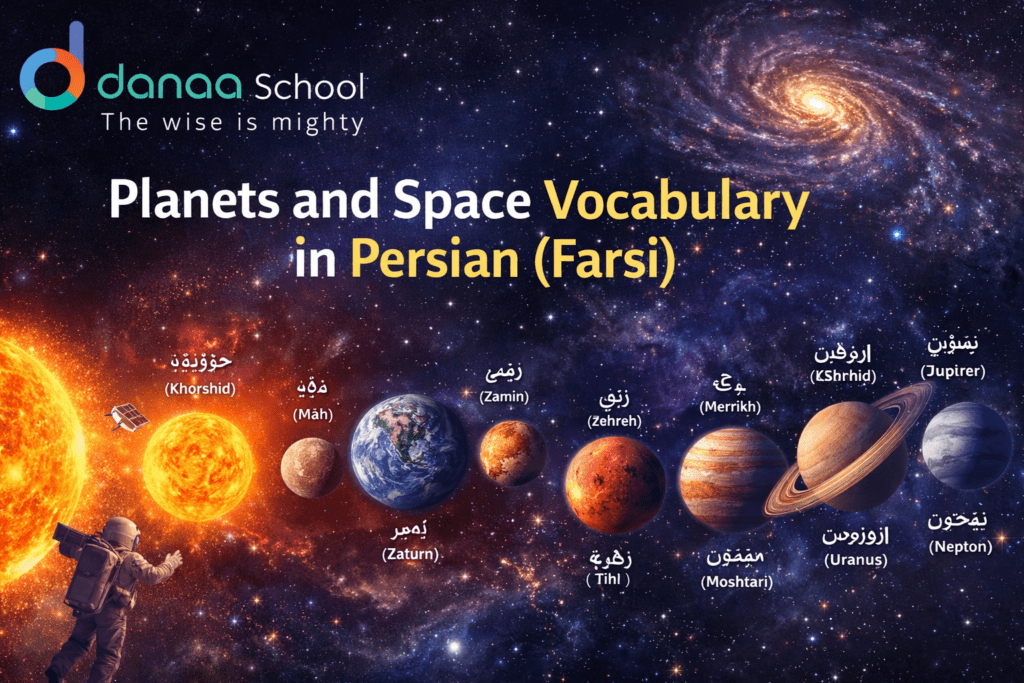Fun Persian Words That Sound Like English (False Friends)
Languages often have surprising similarities. Although Persian (Farsi) and English belong to different branches of the Indo-European family, some Persian words sound exactly like English words while having completely different meanings.
These words are called false friends. They can be funny, confusing, and sometimes embarrassing for language learners. In this article, we explore fun Persian words that sound like English—but mean something entirely different.
What Are False Friends?
False friends are words in two languages that look or sound similar but have different meanings. Recognizing them helps learners avoid misunderstandings and improves listening and speaking accuracy.
Persian Words That Sound Like English (Comparison Table)
| Persian Word | Pronunciation | Persian Meaning | English Sound-Alike | English Meaning |
| کار | kâr | Work | Car | Vehicle |
| بار | bâr | Load / burden | Bar | Pub / rod |
| دوست | doost | Friend | Dust | Dirt particles |
| پول | pool | Money | Pool | Swimming pool |
| بد | bad | Bad | Bad | Bad |
Funny Persian False Friends Explained
Car (کار) – Work
“من کار دارم” means “I have work,” not “I have a car.” One of the most common beginner confusions.
Dust (دوست) – Friend
In Persian, doost means friend. Saying “my dust” in English would sound very strange—but in Persian, it’s sweet.
Pool (پول) – Money
Persian speakers talk about money all the time using the word pool—no swimming involved.
Pet (پت) – Blanket (Slang)
This is informal Persian slang. Asking for a pet means you’re cold—not lonely.
Chip (چیپ) – Cheap (Loanword)
Borrowed from English “cheap,” chip describes something low quality or inexpensive.
Why Do These Similarities Exist?
- Indo-European roots (e.g., “bad”)
- Modern loanwords from English
- Pure coincidence
Learn Persian the Fun Way with Danaa School
If you enjoy discovering fun Persian words and cultural quirks, Danaa School offers interactive Persian courses designed for real-life communication.
FAQs
- Are Persian and English related? Yes, both belong to the Indo-European family.
- Are these words loanwords? Some are, others are coincidences.
- Is Persian hard for English speakers? Grammar is simple; script takes practice.
- Do false friends cause misunderstandings? Very often—especially for beginners.
Conclusion
False friends between Persian and English make language learning entertaining and memorable. Understanding them helps learners avoid confusion while enjoying the playful side of Persian.








